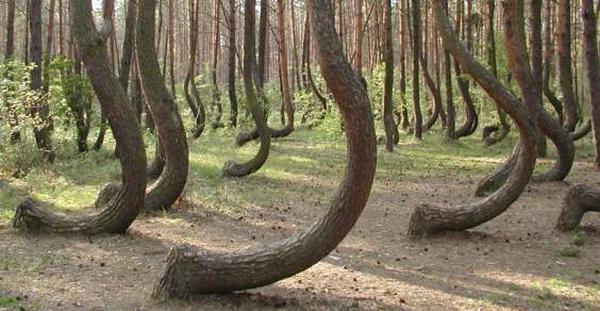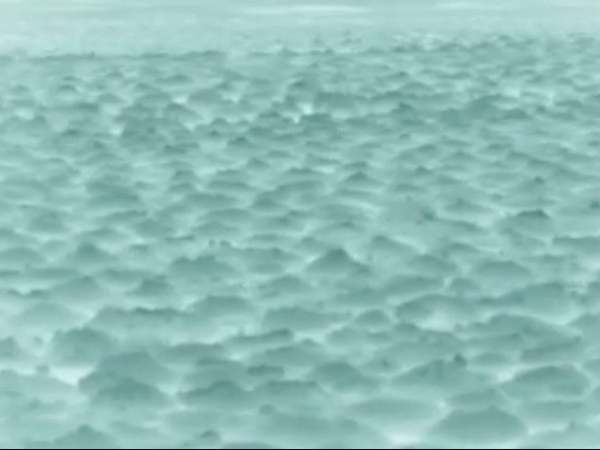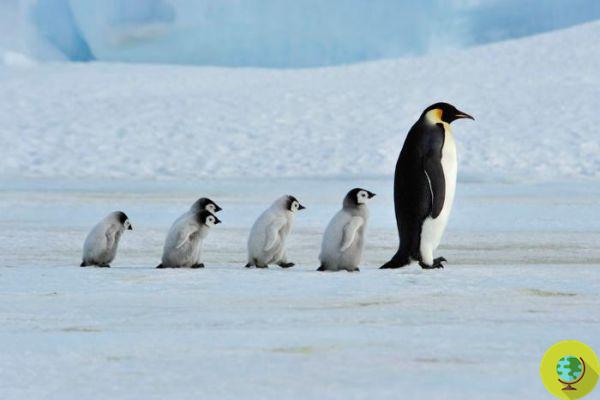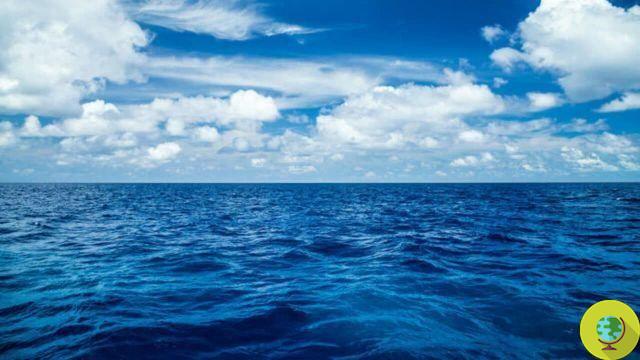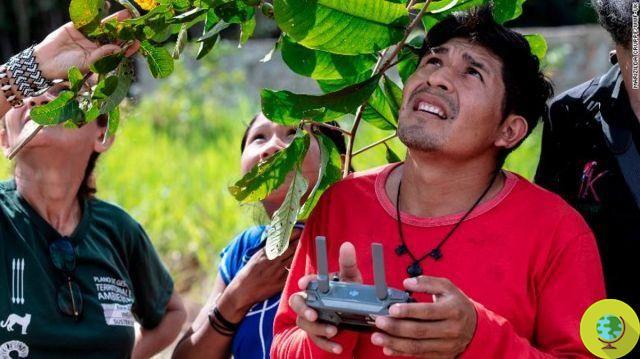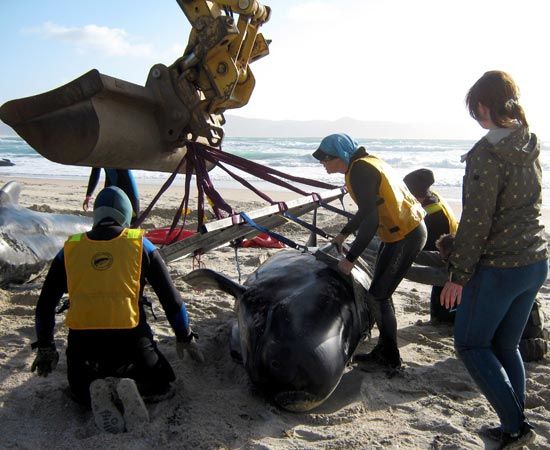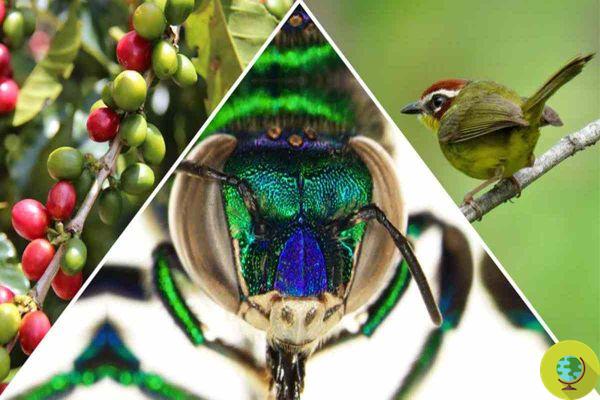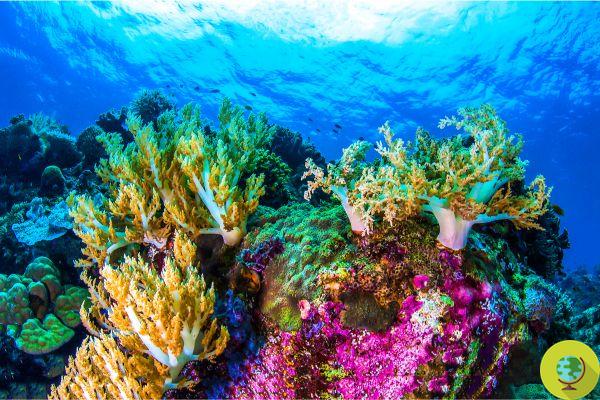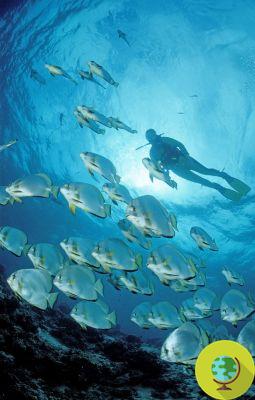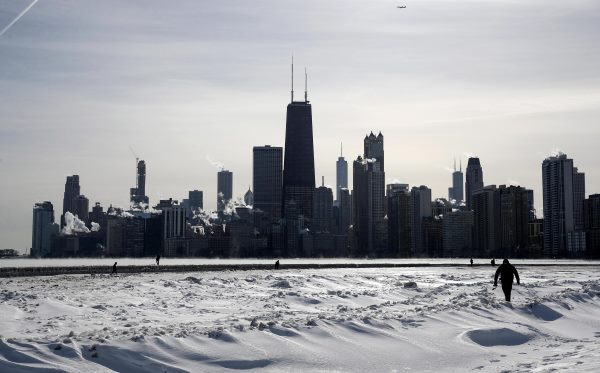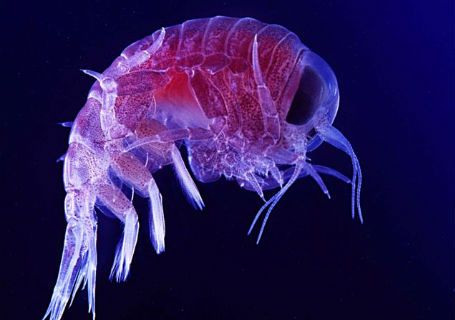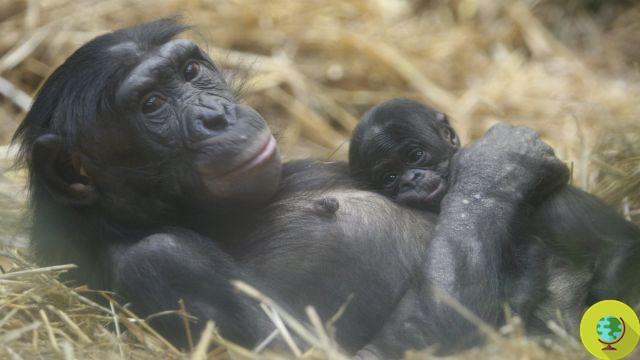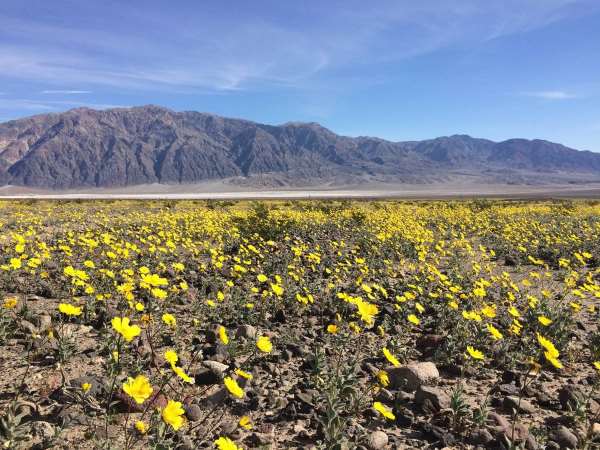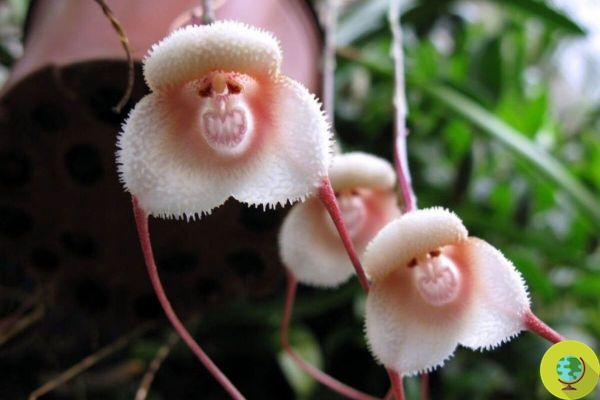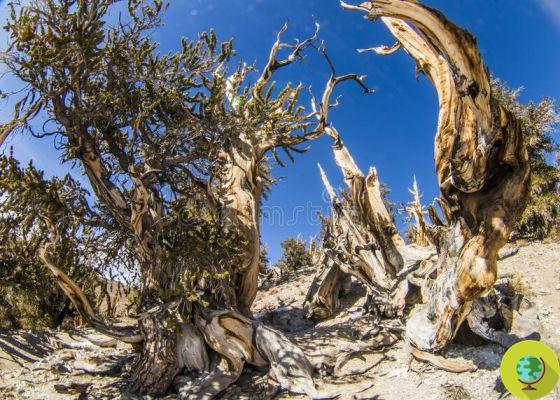
Intensive fishing for krill, a tiny crustacean, is increasingly threatening the survival of penguins, whales and fish
He is about to end up run over, his mother saves himIntensive fishing for krill, a tiny crustacean that is very abundant in the sea, is increasingly threatening the survival of penguins, whales and the fish that feed on it
Krill is one of the most abundant animal species on our planet: around 400 million tons are estimated in Antarctica alone. It is a fundamental link in the food chain: with its contribution in iron and other nutrients it is essential food for many marine animals such as whales, penguins and seals; in some regions of the world, such as Russia or Japan, it is also consumed by humans. Furthermore, krill also plays a vital role in combating pollution, helping to lower carbon dioxide levels in the atmosphere: the presence of krill in the oceans can absorb up to 12 billion tons of CO2 from the atmosphere.
Unfortunately, however, humans are also destroying this precious resource: krill has been used for many years in aquaculture to feed farmed fish; in the last decade there has been a real 'gold rush' for krill oil, which has become an increasingly common food supplement in our diet due to its very high content of omega-3 fatty acids.
China is building largest krill trawler in the Antarctic, which will be completed in 2023; Meanwhile, the country has already doubled its Antarctic krill fisheries, from 50.423 tons of krill caught in 2019 to over 118.353 tons in 2020. Other countries, such as Russia and South Korea, are also making increasingly important investments in the krill fishery. According to this report, it is estimated a growth in retail sales of krill oil that will exceed 13% within the next two years - not to mention the fishing activities of this crustacean for food use or in intensive farming.
(Read also: The sea is running out of fish, but governments increase subsidies for heavy fishing despite promises)
In short, even if the boats that are dedicated to fishing for krill in the Antarctic are still only a dozen, the number of crustaceans caught is impressive (each boat can catch more than 1.000 tons of krill per day) and the impact of these activities on the environment are remarkable. There are quantitative limits on krill fishing, which set a maximum limit of krill that can be subtracted from the marine ecosystem every year: in 2010, the Commission for the Conservation of Antarctic Marine Living Resources (CCAMLR) set a limit of 620.000 tons. of krill caught per year in four different areas - once the ceiling is reached, krill fishing must stop until the following year.
But this is not enough to save the environment: the areas dedicated to shellfish fishing are very limited and are being depleted every year at an ever faster rate. All fished in the same area, krill is also in short supply due to the animal species that live there and feed on this mollusk - colonies of penguins, whales, but also sea seals and fish. The whole Antarctic is not being exploited (if you look at the general data, only 1% of the krill present in the environment is fished every year), but if you look at the small areas dedicated to fishing, the exploitation can be seen. with heavy consequences for the entire ecosystem.
Next October, the 26 CCAMLR members (25 nations and the European Union) will decide whether to review these fishing limits or even eliminate them altogether - which will certainly happen if no agreement is reached between the participants. The absence of limits on krill fishing will truly represent ecosystem destruction, according to biologists.
Follow us on Telegram | Instagram | Facebook | TikTok | Youtube
Source: Oceans
We also recommend:
- The secret of farmed salmon, fed with chemicals to turn pink
- Not just lobsters: octopus and squid may soon be banned in the UK
- Stop fishing in the Adriatic Sea: no fresh fish until September 16
- Plastic fish: Microplastics are found in 83% of Bangladeshi fish




